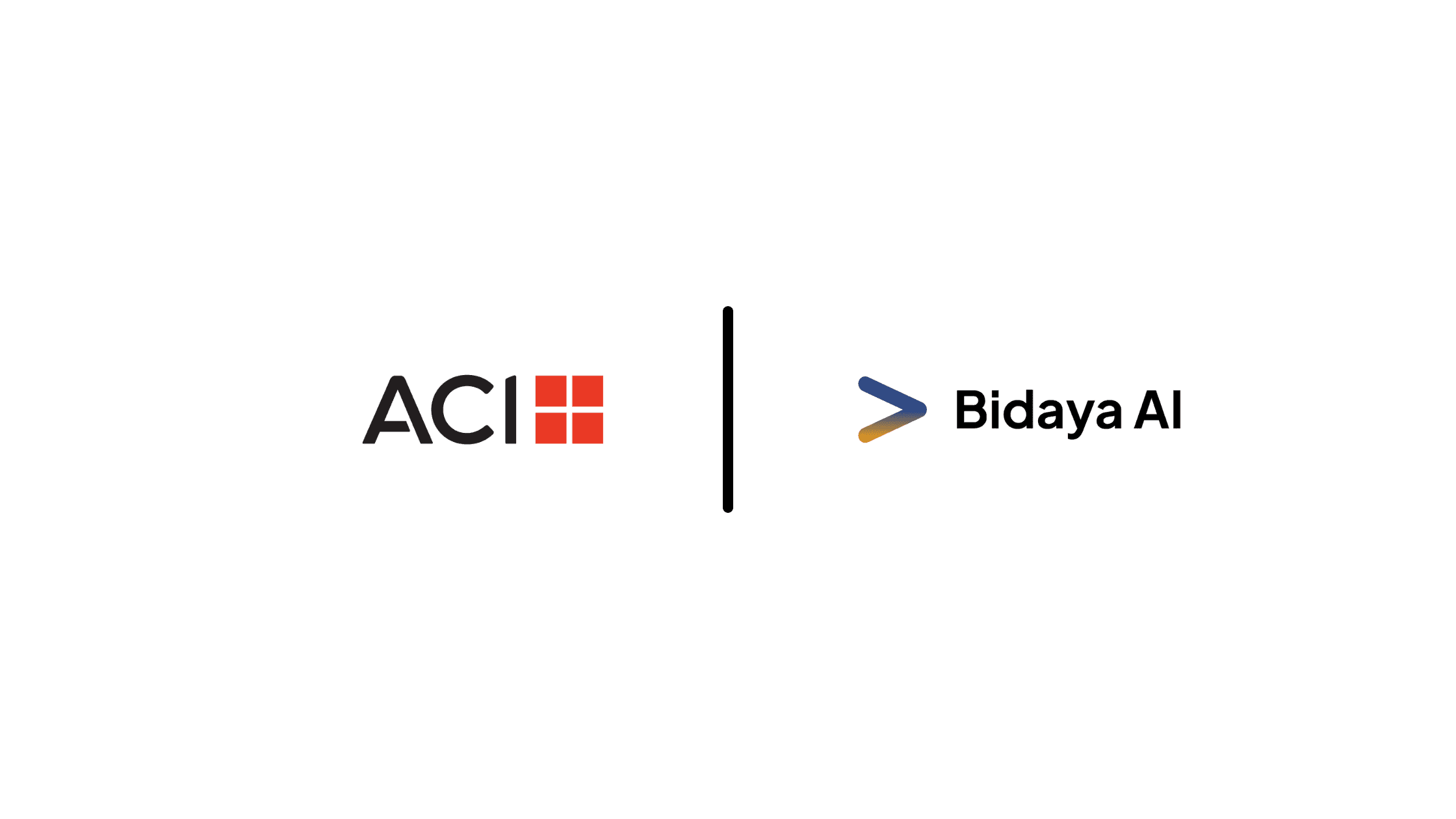Navigating Different Types of Government Contracts
June 18, 2024
Navigating the world of government contracts can be a complex endeavor for businesses aiming to engage with federal, state, or local agencies. Understanding the various types of government contracts is crucial as each type carries its own set of rules, risks, and rewards. In this guide, we will delve into the differences between three primary types of government contracts—fixed-price contracts, cost-reimbursement contracts, and indefinite delivery/indefinite quantity (IDIQ) contracts. By the end, you'll have a clearer picture of which contract type might best suit your business's needs and objectives.
1. Fixed-Price Contracts
Overview: Fixed-price contracts are characterized by a predetermined price agreed upon by the contractor and the government agency. This price remains constant throughout the performance of the contract, regardless of the actual costs incurred by the contractor.
Suitability:
Low Risk: These contracts offer predictability as the price is fixed, making budgeting and financial planning more straightforward.
Suitable Projects: Ideal for well-defined projects where requirements are clear and changes are unlikely.
Vendor Advantage: Rewards efficiency and cost control; any cost savings become additional profit.
Tips for Success:
Ensure thorough understanding of project requirements before committing to the price.
Mitigate risks through robust project planning and contingency measures.
2. Cost-Reimbursement Contracts
Overview: Cost-reimbursement contracts reimburse the contractor for allowable costs incurred during contract performance. These contracts include provisions for the government to reimburse the contractor for allowable costs, up to a ceiling price if one is set.
Suitability:
Complex Projects: Best suited for projects where the scope is not well-defined initially, or where significant uncertainties exist.
Research and Development: Often used in R&D contracts where outcomes are uncertain and costs are difficult to predict.
Flexibility: Allows for adjustments as project requirements evolve or change.
Tips for Success:
Maintain meticulous cost tracking and documentation to justify reimbursement claims.
Regularly communicate with the contracting officer to manage expectations and ensure compliance with regulations.
3. Indefinite Delivery/Indefinite Quantity (IDIQ) Contracts
Overview: IDIQ contracts provide for an indefinite quantity of services for a fixed time. These contracts are used when the exact quantities of supplies or services are not known at the time of contract award but will be needed during the contract period.
Suitability:
Flexible Requirements: Ideal for situations where there is a recurring need for services or products, but the exact quantities or timing cannot be predetermined.
Streamlined Procurement: Offers a streamlined process for ordering additional services or products as needed without initiating a new procurement cycle.
Multiple Awardees: Often structured to allow multiple contractors to compete for individual task orders.
Tips for Success:
Understand the ordering procedures and timelines specified in the contract.
Differentiate your offerings to stand out among other awardees and increase chances of receiving task orders.
Navigating different types of government contracts requires a strategic approach tailored to your business's capabilities and the nature of the project at hand. Fixed-price contracts offer stability and predictability, cost-reimbursement contracts provide flexibility in uncertain environments, and IDIQ contracts cater to recurring needs with variable quantities. By selecting the right contract type and implementing best practices for each, businesses can effectively pursue government opportunities while managing risks and maximizing profitability.
For further assistance in navigating government contracts or to explore specific opportunities, consult with legal advisors specializing in government procurement or reach out to experienced contractors who have successfully navigated similar contracts. Understanding these nuances will empower your business to thrive in the competitive landscape of government contracting.




